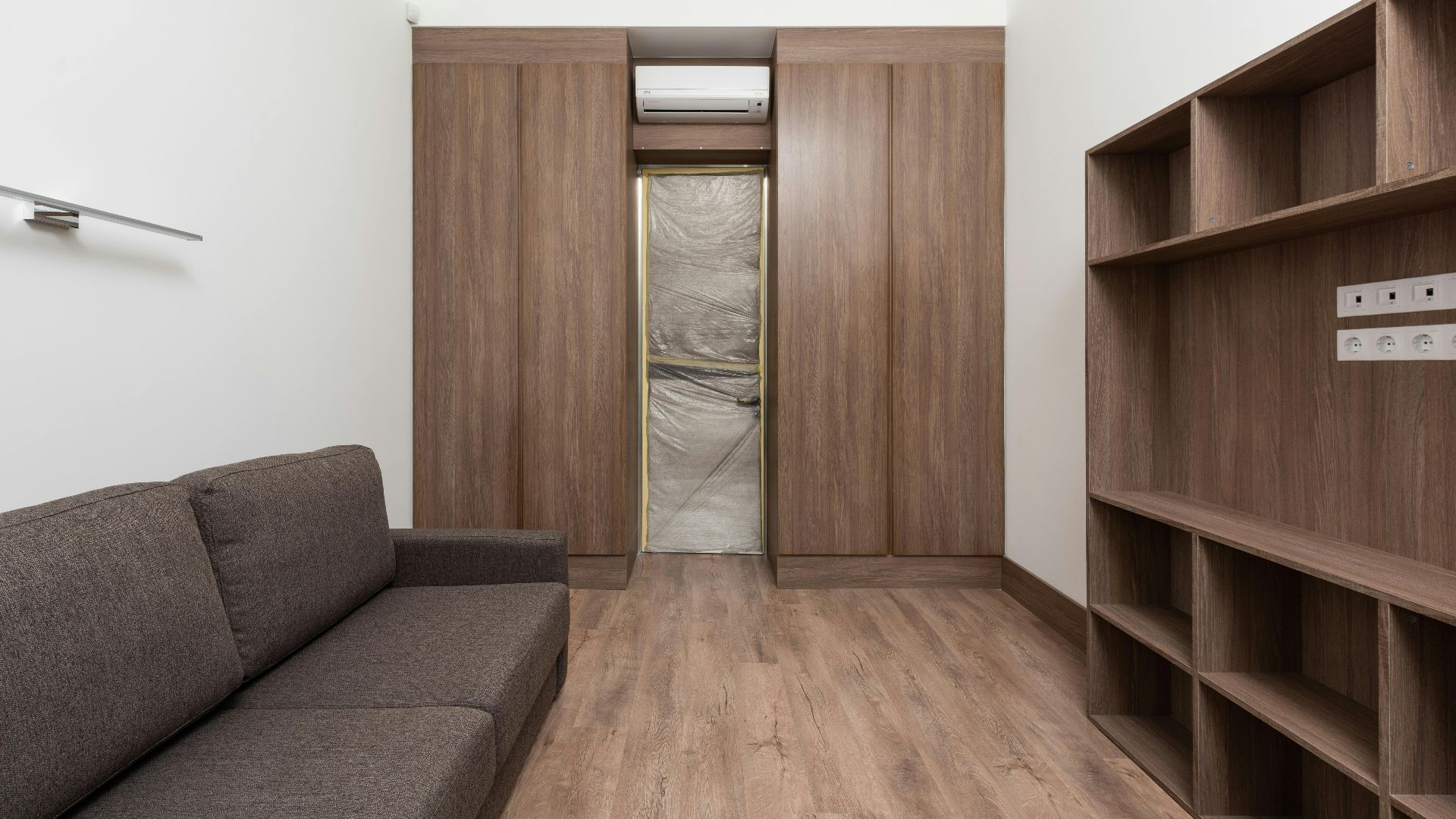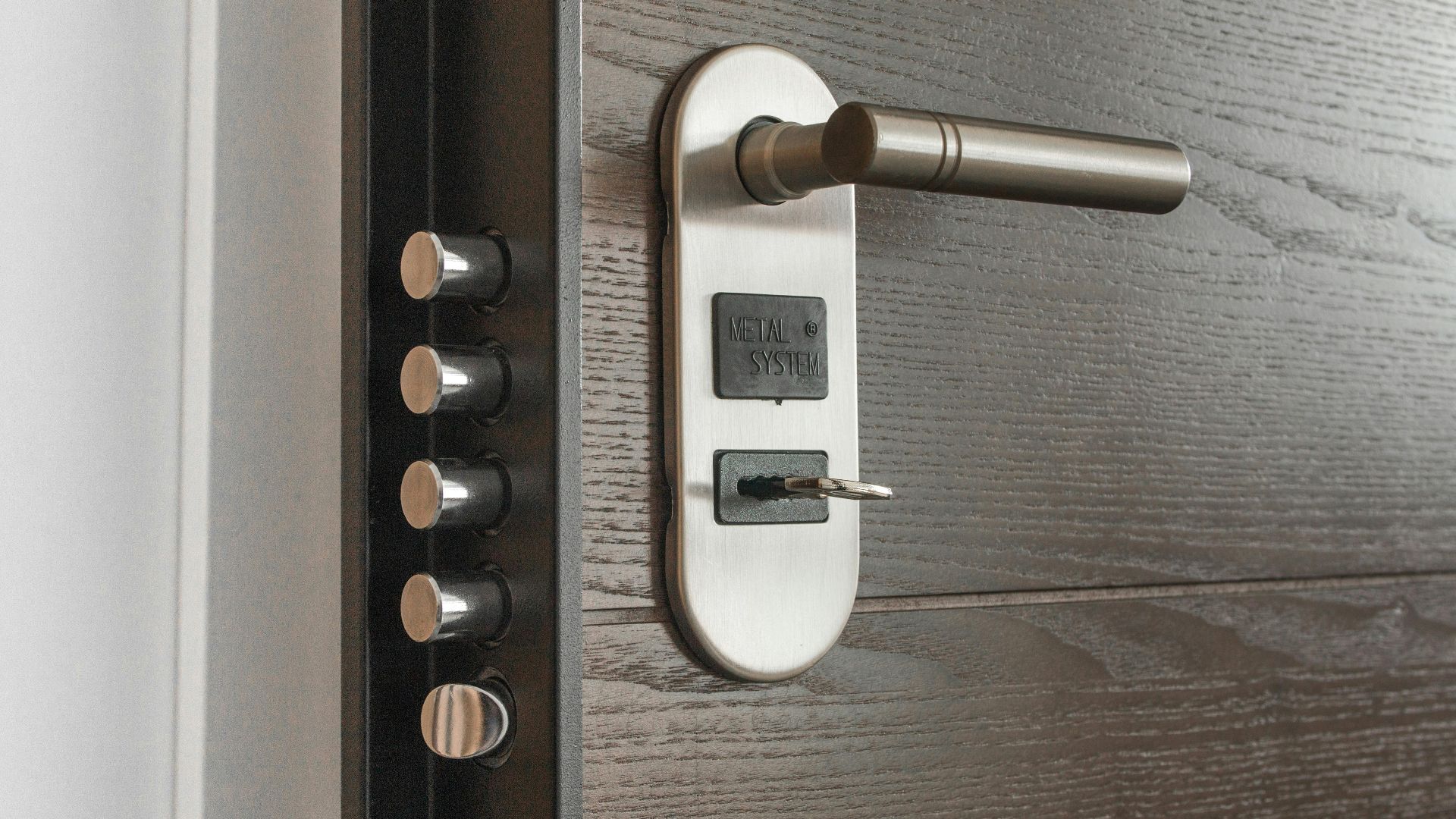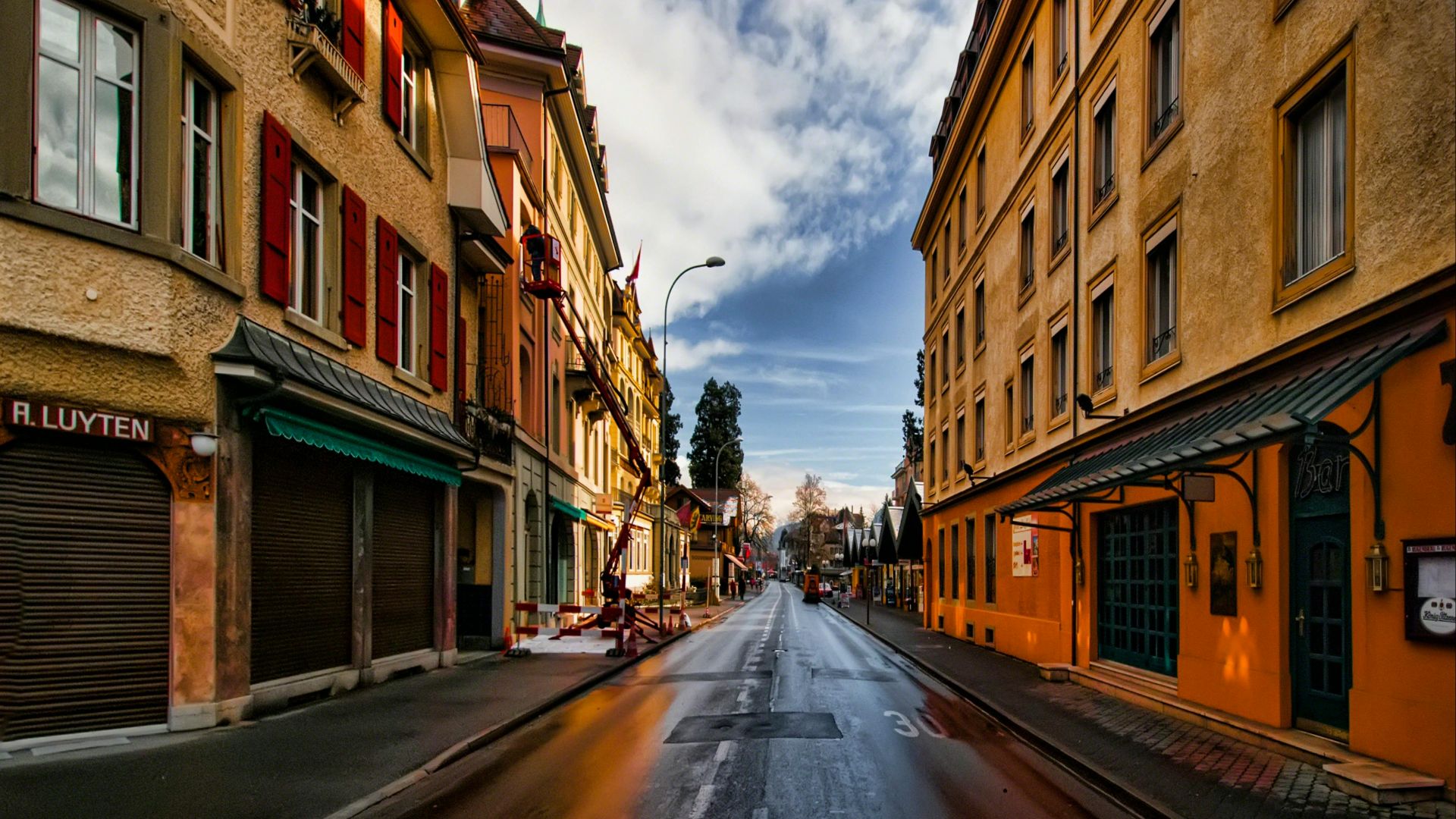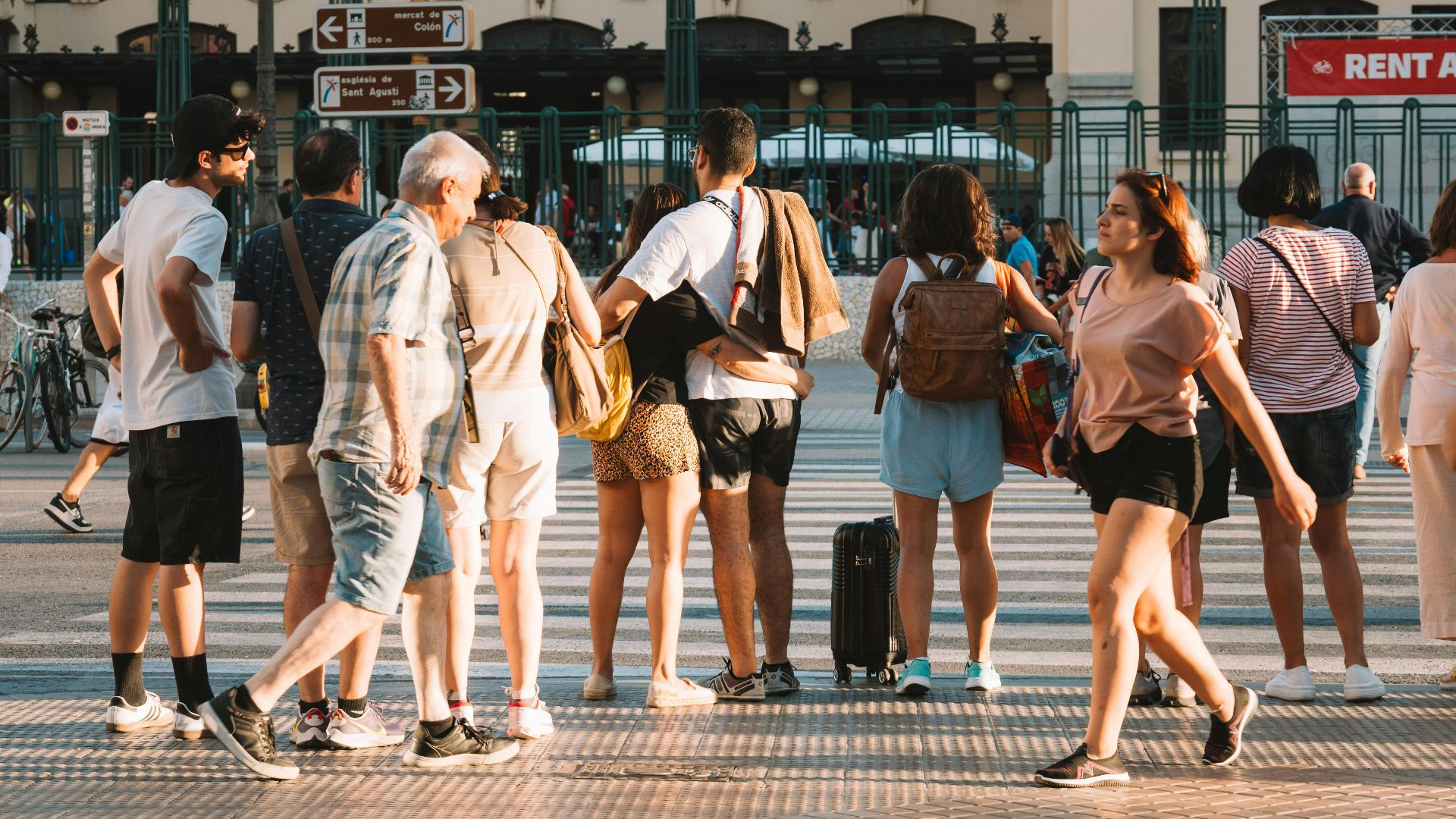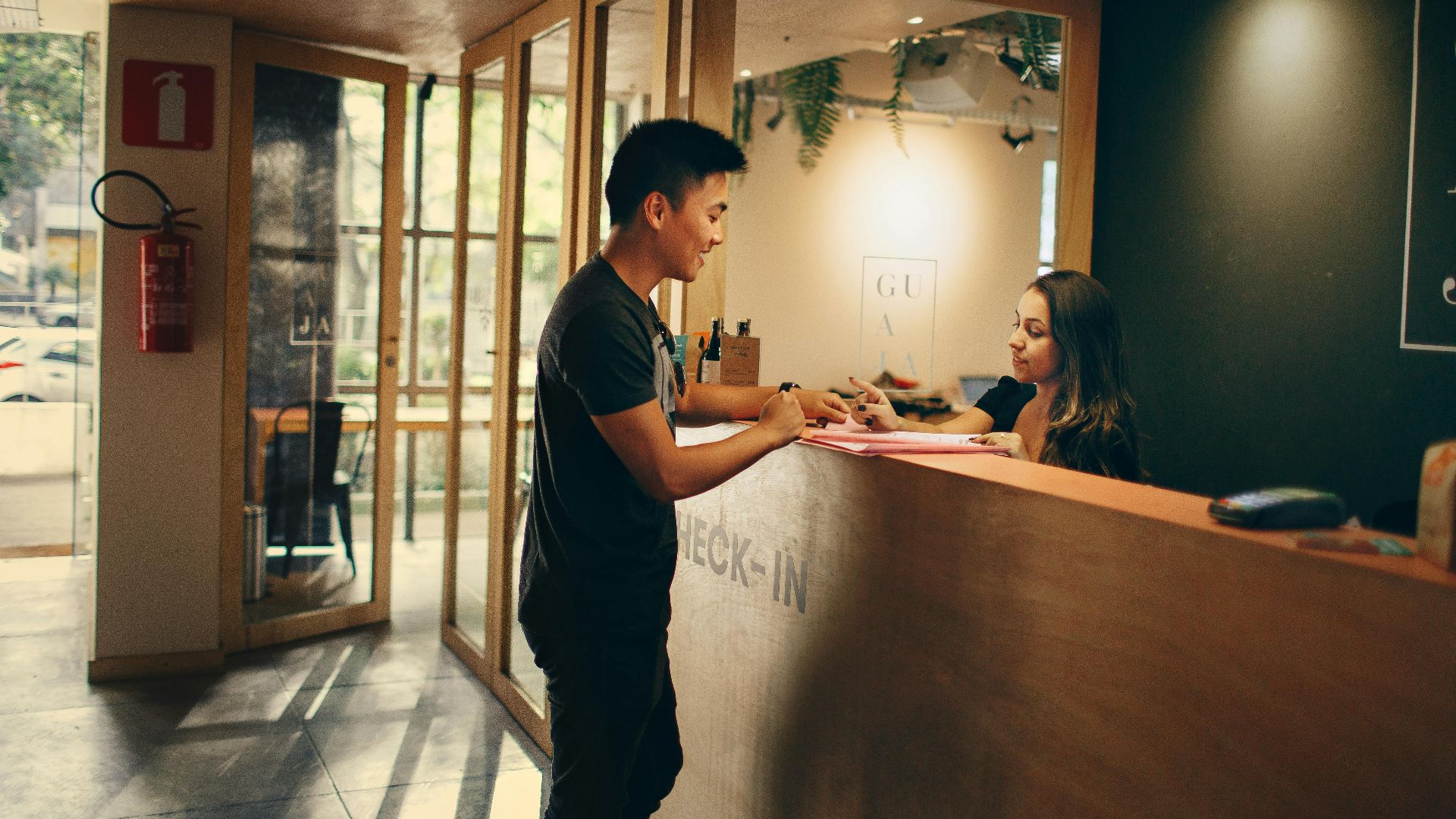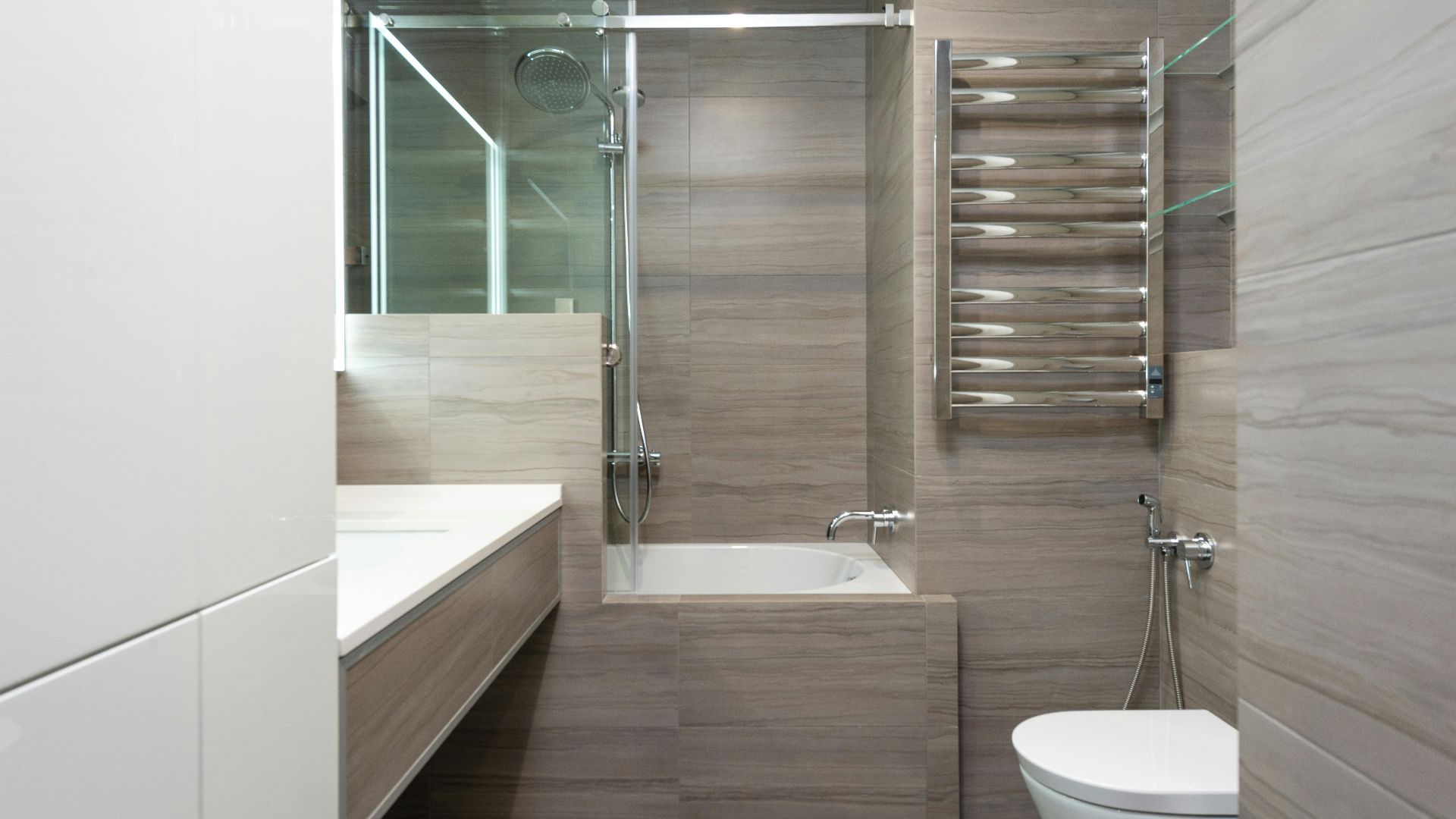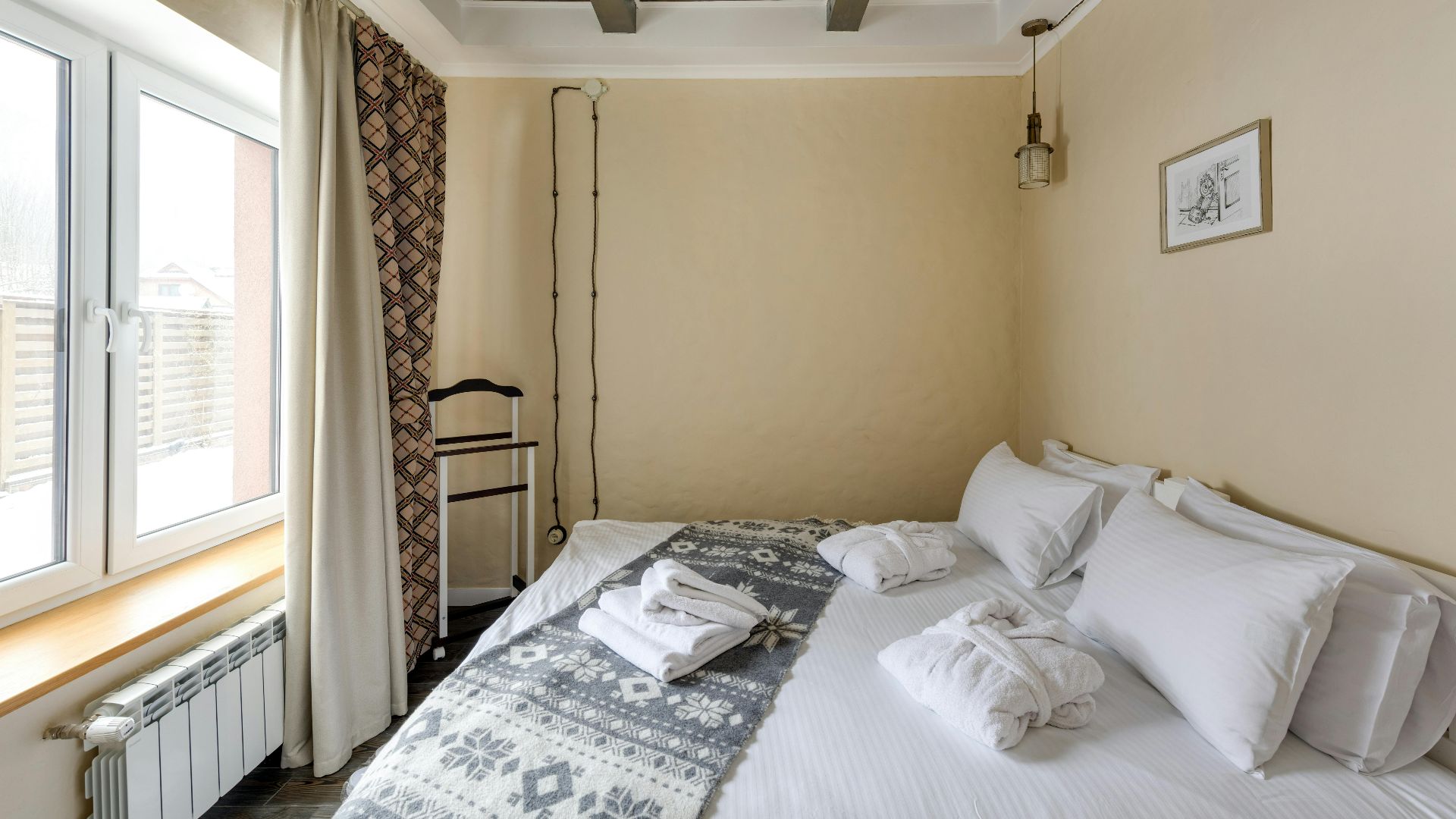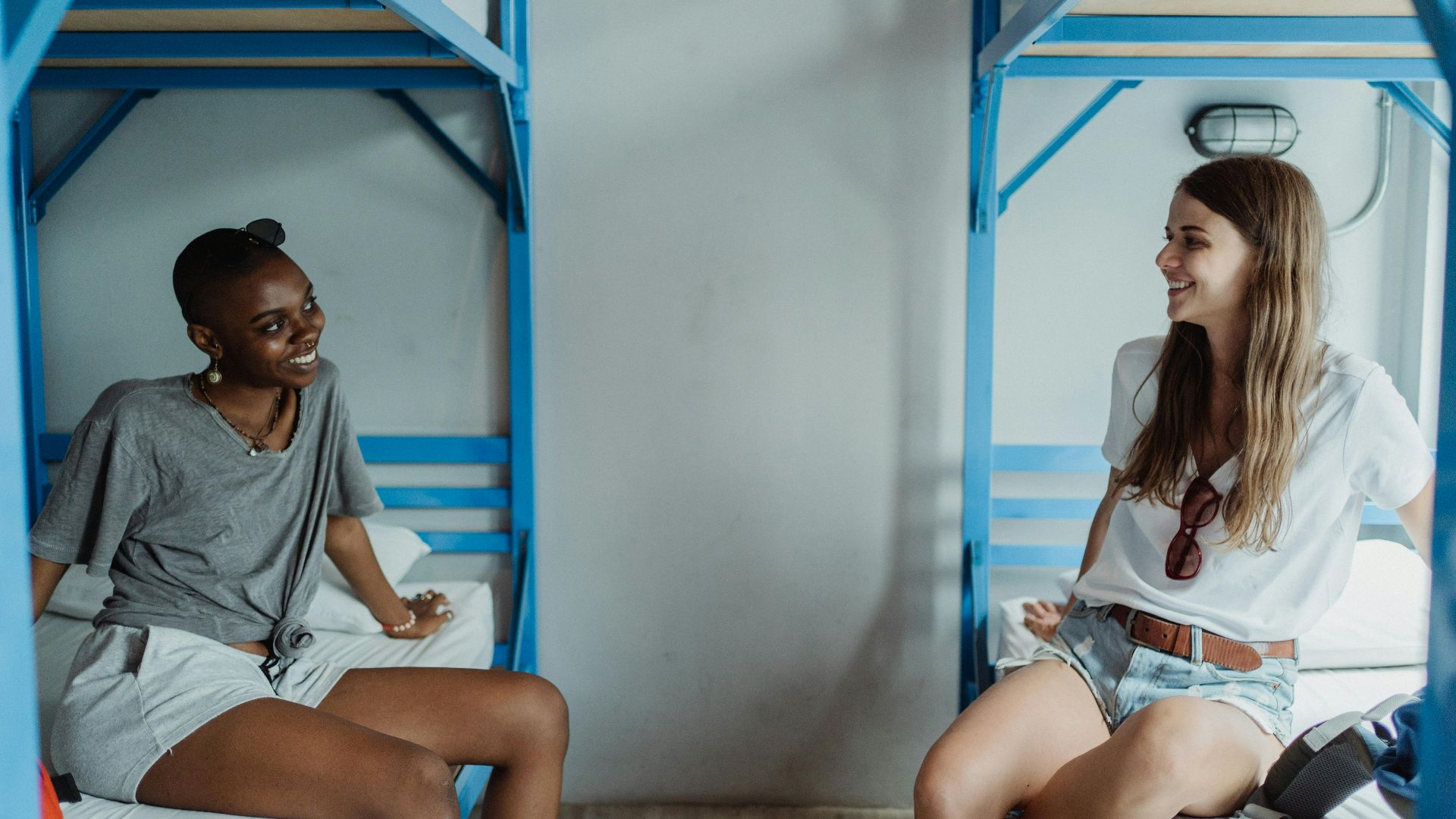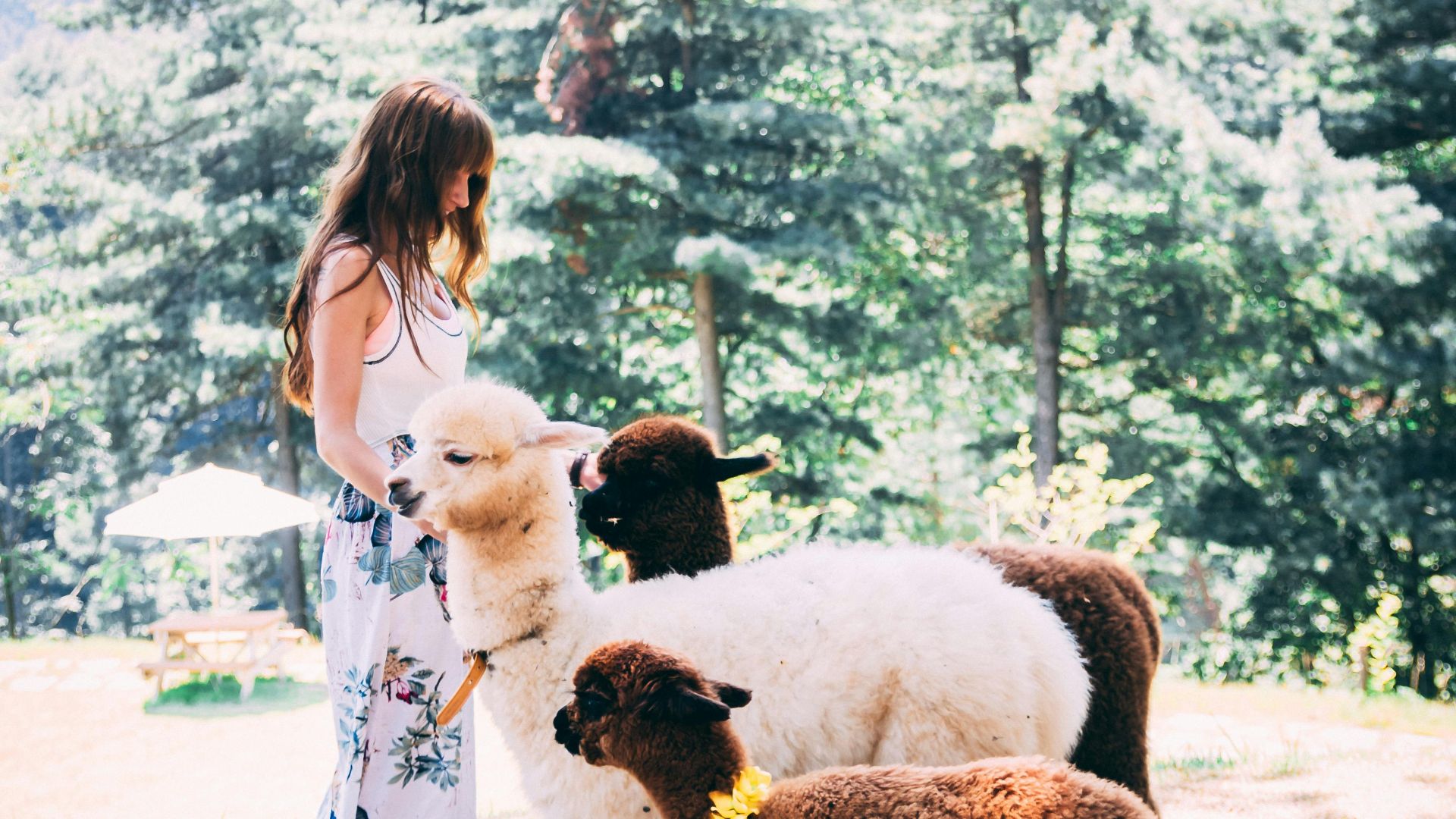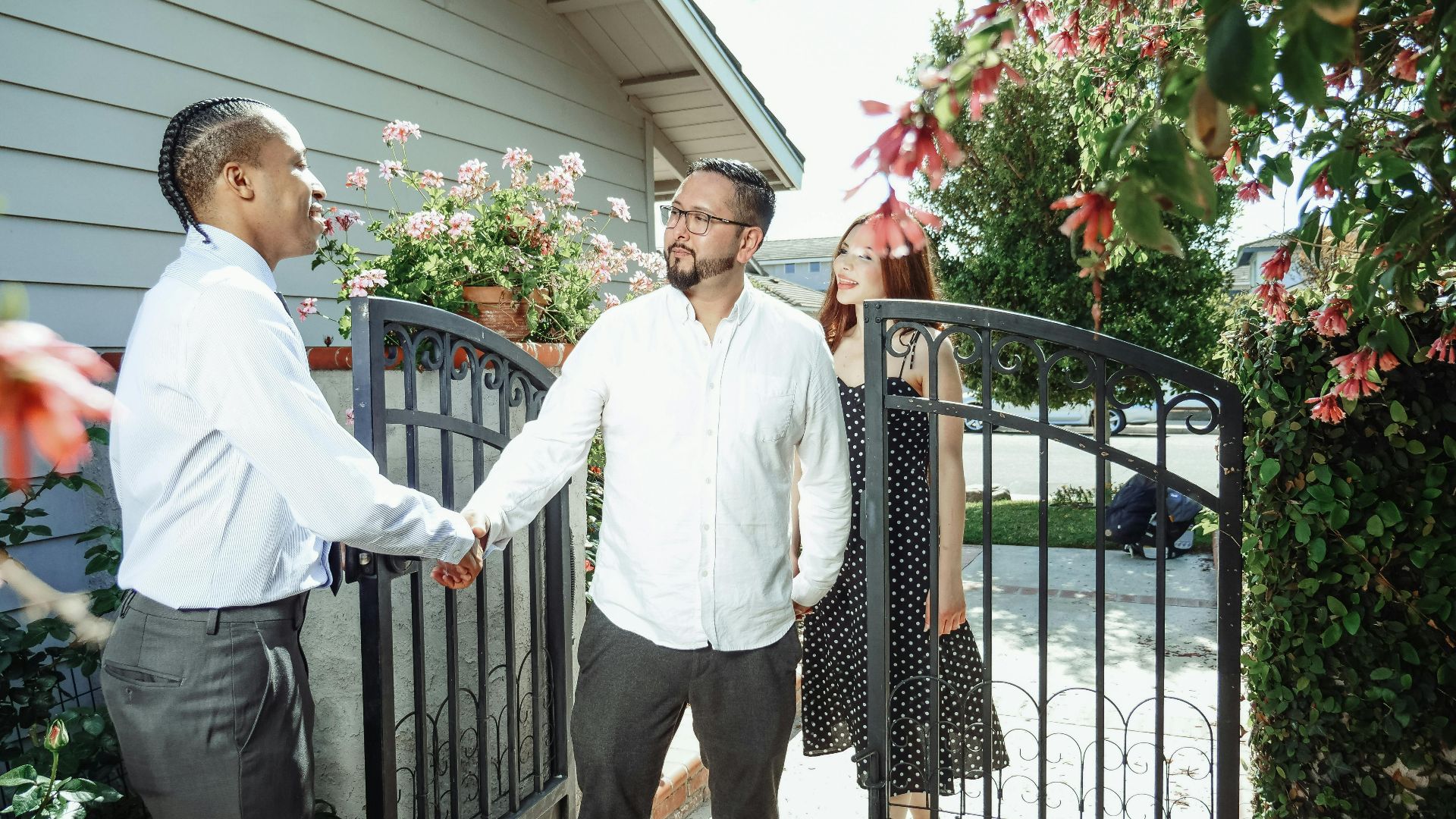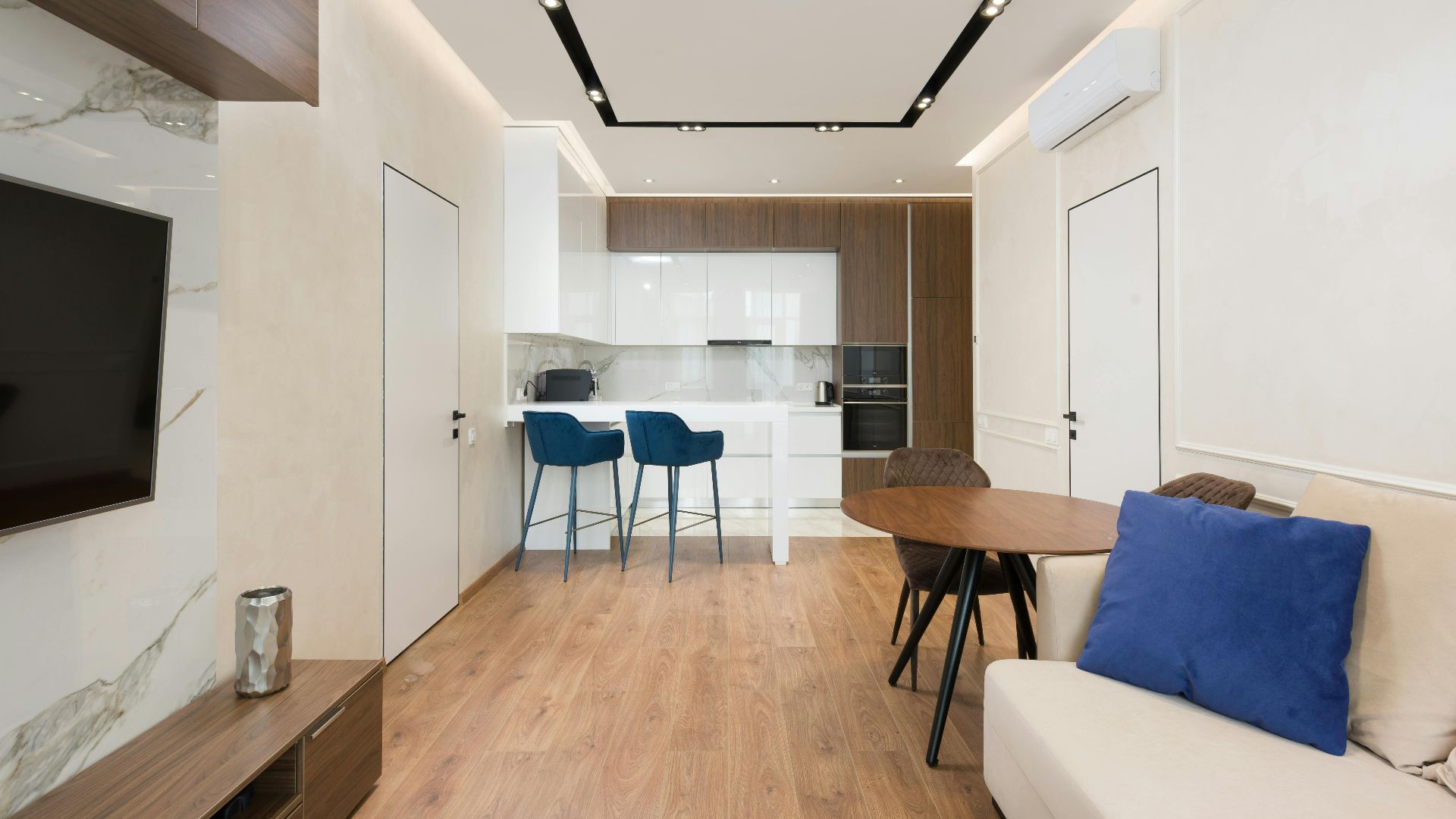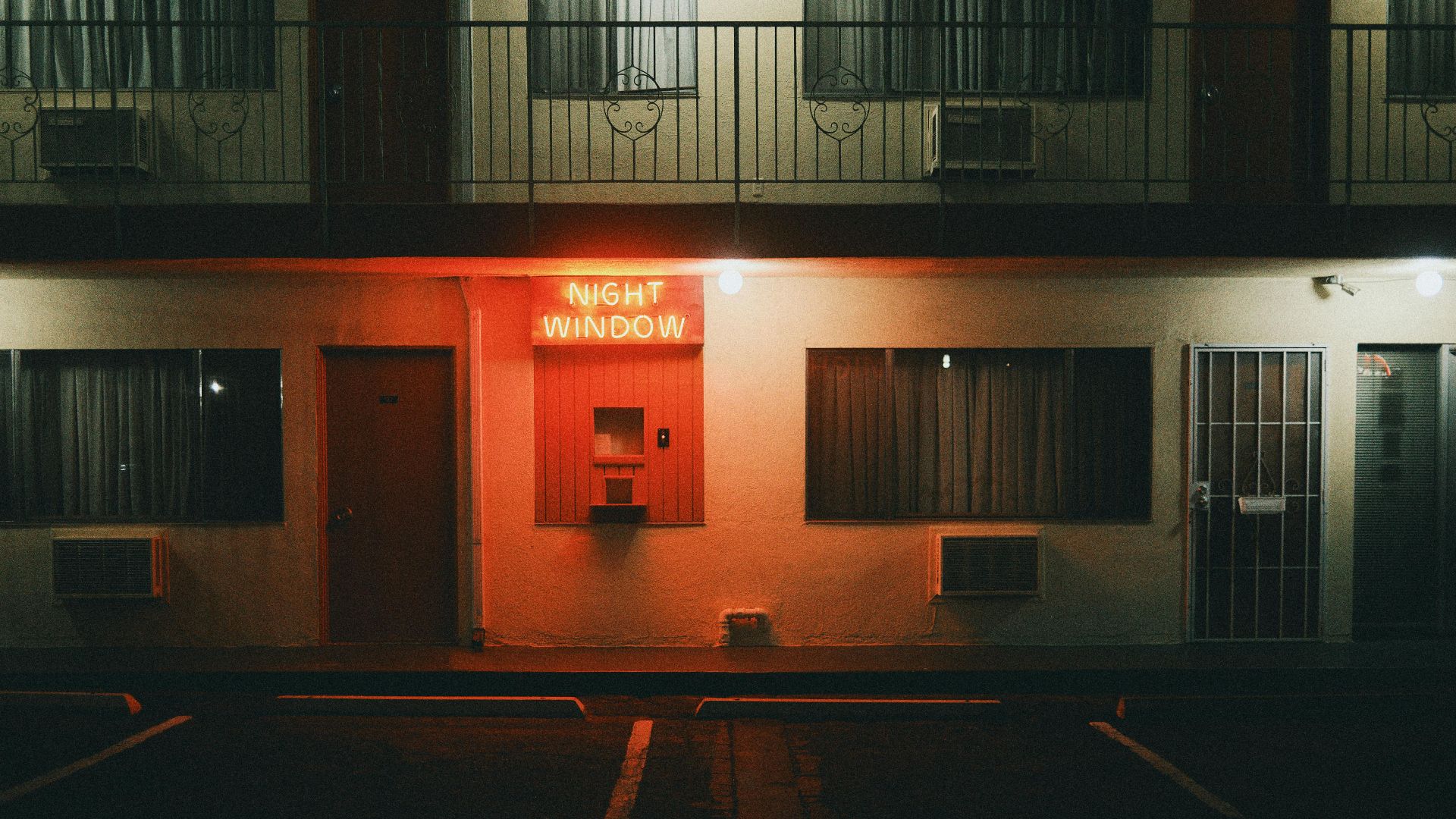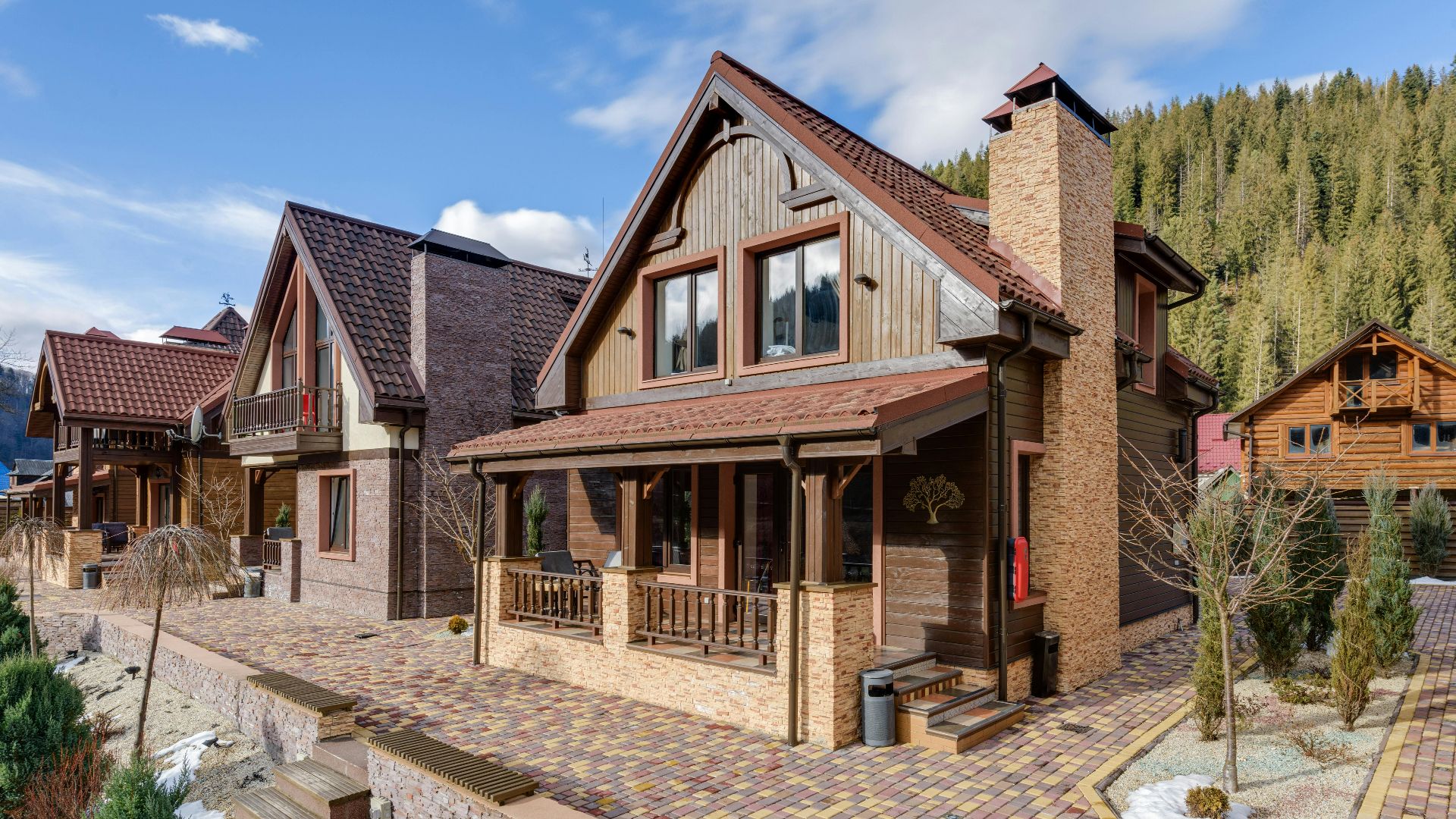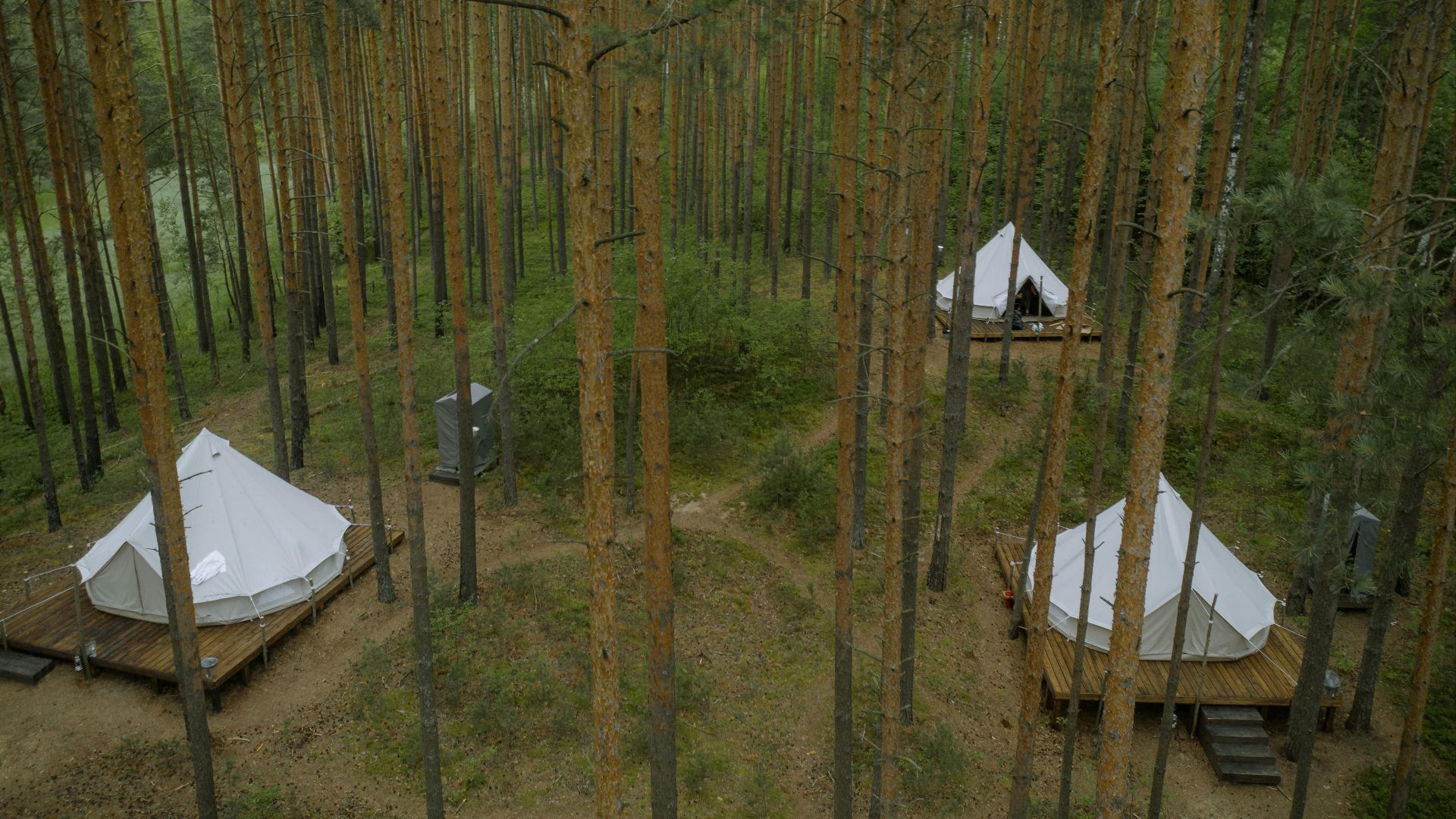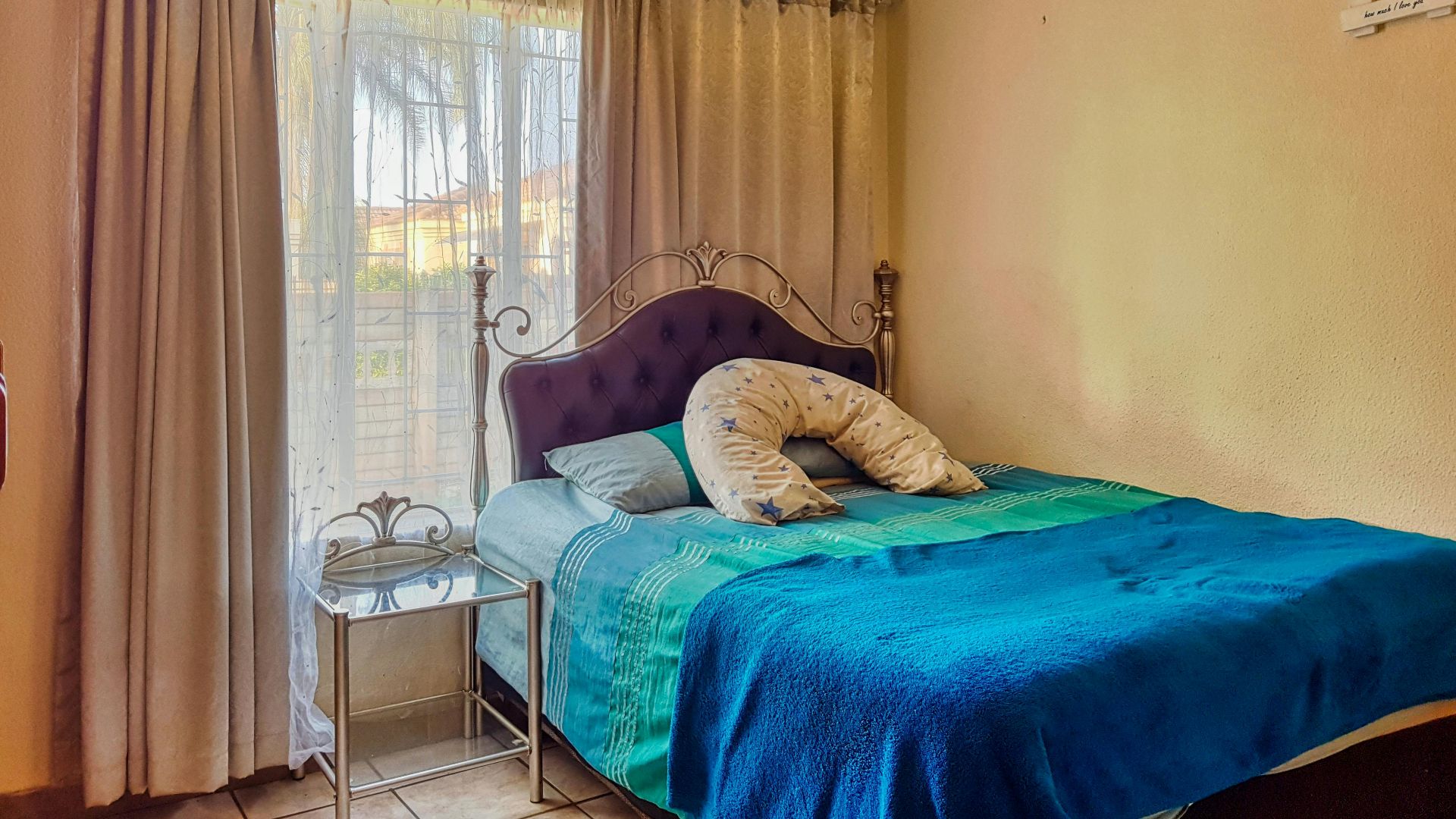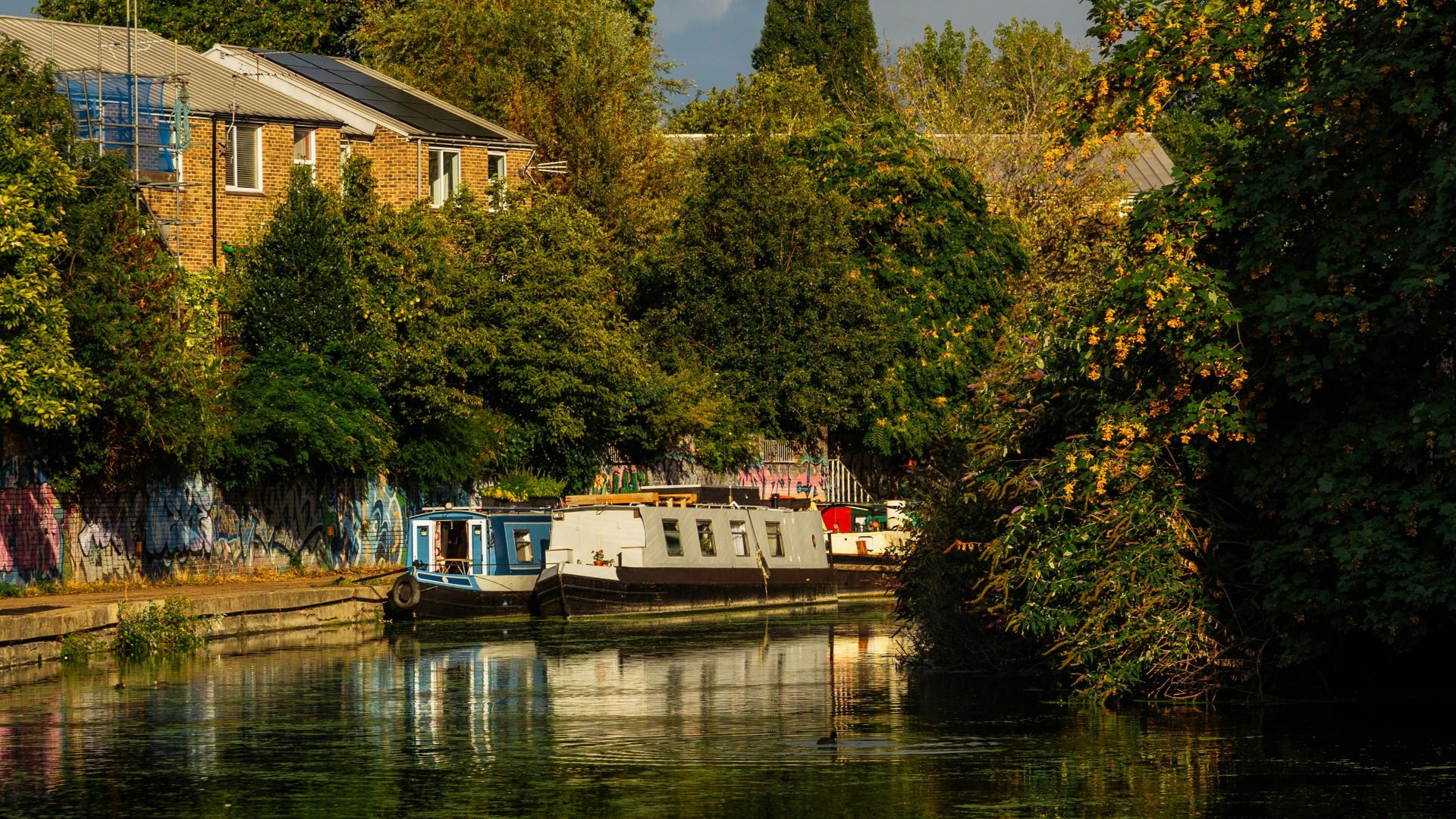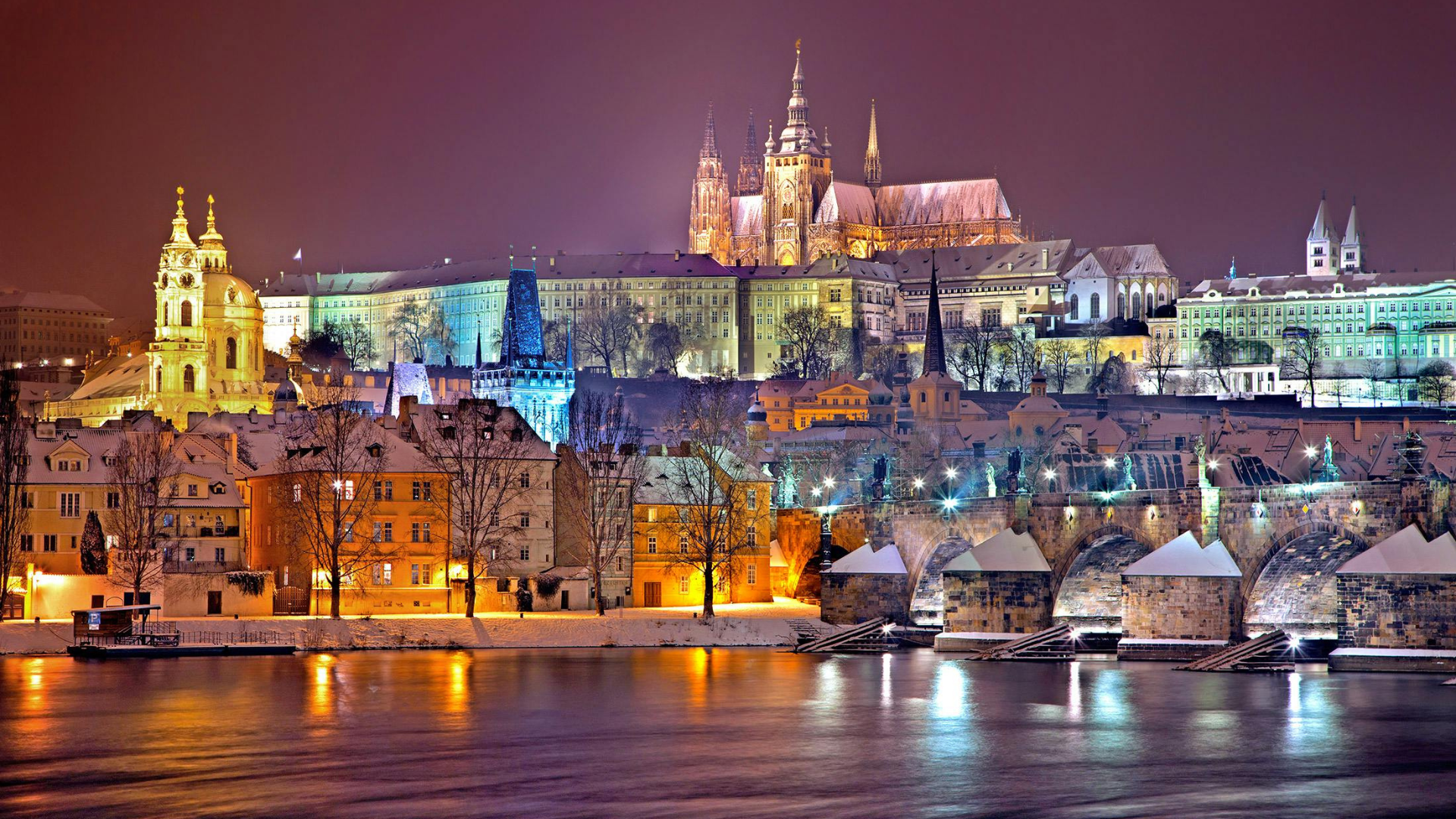Time For A Better Stay
Airbnb had its golden age when it felt like the future of travel. But lately? It's starting to feel like a group project where you’re doing all the work and still paying full price. Also, the complexity surrounding the stays no longer makes sense. So, before you book that villa, it's worth considering the pros and cons. Let's take a look at 10 reasons why Airbnb is no longer a good option to use and 10 alternative stays to consider instead.
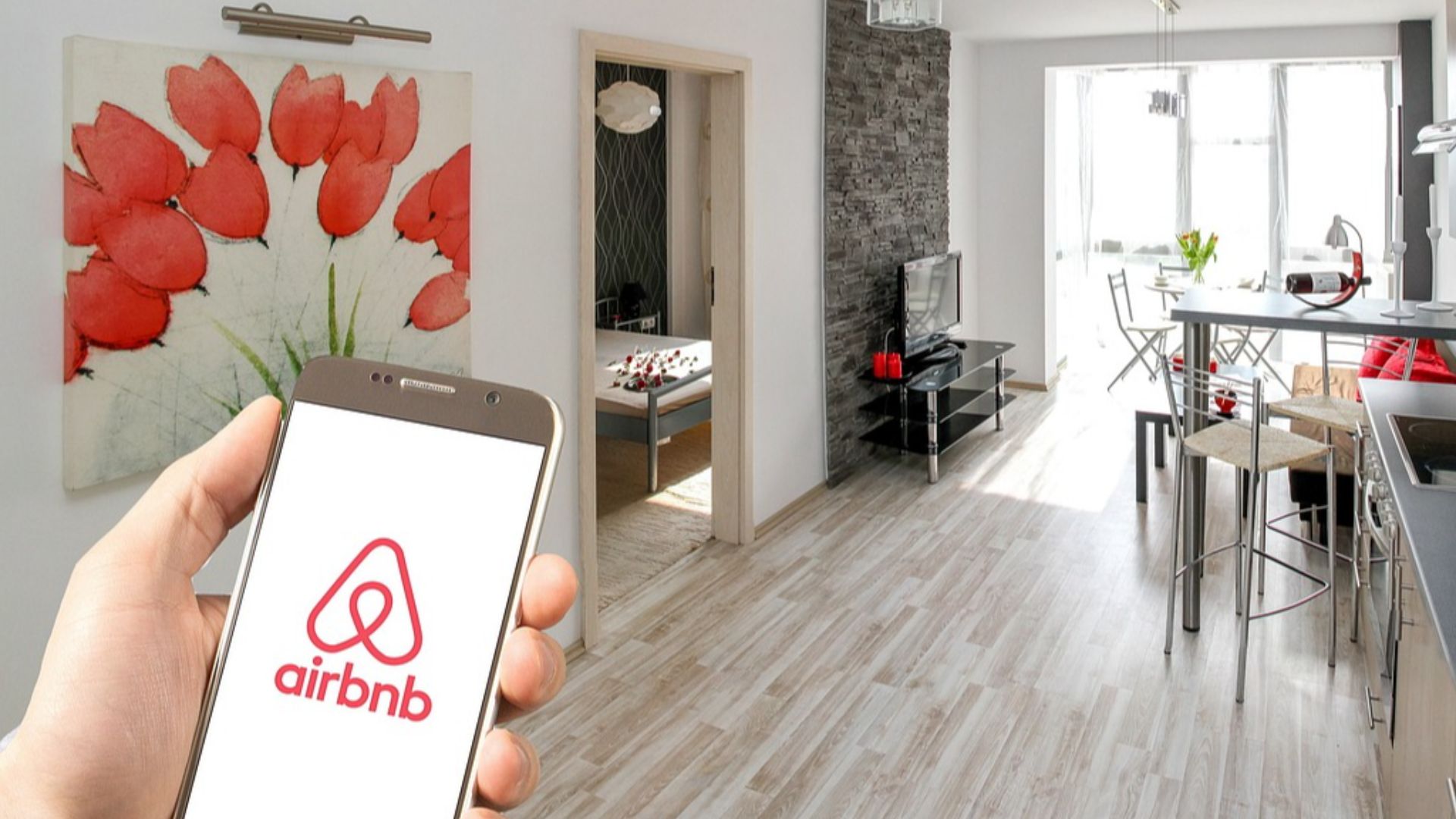 InstagramFOTOGRAFIN on Pixabay
InstagramFOTOGRAFIN on Pixabay
1. Rising Costs And Hidden Fees
What starts out as an affordable night often ends with shock by checkout. You may see a great rate upfront, but by the time you add cleaning fees and taxes, that total quietly doubles. Even the simple act of booking can turn frustrating, with fluctuating prices depending on the day you check.
2. Inconsistent Quality And Cleanliness
One host’s “luxury loft” is another guest’s nightmare. The problem is that you can never really know what you’re walking into until your suitcase is already by the door. Unlike hotels that follow brand-wide cleanliness protocols, Airbnb stays hinge entirely on how much effort a host puts in.
3. Safety Concerns And Lack Of Accountability
You expect to feel safe wherever you sleep, but that peace of mind isn’t guaranteed with Airbnb. Some properties feel deserted or oddly exposed, and not all hosts provide clear instructions in case something goes wrong.
4. Unreliable Customer Support
When things go wrong, you want fast help—not endless chat loops or vague replies. Airbnb’s customer service is described as frustrating at best and non-existent at worst. If your host vanishes, the platform’s response time can feel glacial.
5. Impact On Local Housing Markets
What started as a clever side hustle has morphed into a real estate monster in many cities. More and more homes are now bought solely for short-term rentals, pushing locals out of neighborhoods they’ve lived in for generations.
6. Overtourism And Community Backlash
Locals in tourist-heavy regions have grown tired of watching their hometowns convert into theme parks. In places once defined by culture and quiet rhythms, short-term rentals have flooded streets with suitcase-pulling strangers.
7. Misleading Listings And Photos
Warm lighting and tidy setups can make even the smallest studio look like a high-end getaway. But when you show up, and the hallway smells weird, reality hits hard. You’re left wondering what else might be hidden behind the lens.
8. Unpredictable Host Behavior
Every host is different, and that’s not always a good thing. Some greet you with a smile, others cancel the day before or lay down strange rules like no cooking after 8 PM. While one host might give you space and privacy, another could drop by unannounced.
9. Lack Of Standardized Amenities
You never really know what you’ll get. Unlike hotels, which follow consistent guidelines, Airbnb leaves everything to the host’s discretion. That means lots of packing "just in case." When even basics like soap are in question, the line between quirky and inconvenient starts to blur.
10. Legal And Regulatory Issues
Many cities have clamped down on short-term rentals, banning them outright in certain zones. Guests often don’t realize this until being turned away on arrival. When you can’t be sure if your stay is even allowed, the whole idea of relaxing on vacation starts to shatter.
1. Boutique Hotels
Boutique hotels offer something Airbnb rarely does: a fully curated experience rooted in character and charm. Unlike chain hotels, these stays are usually independent or family-run, usually featuring unique interiors that reflect local design.
2. Hostels
Forget the stereotype of loud, crowded dorms. Today’s hostels have evolved into dynamic social spaces that welcome everyone from solo travelers to couples and families. Many offer private rooms with en-suite bathrooms alongside shared dorms, meaning you can choose your level of privacy.
3. Agritourism Stays
If the idea of waking up to the sounds of chickens or watching a vineyard glow at sunset speaks to you, agritourism is a path worth taking. Some places encourage guests to roll up their sleeves and help with daily tasks, while others offer guided experiences like olive oil tastings or cider pressing.
4. House Swaps
Rather than paying for a stay, you trade homes with someone else—often for the same dates—giving both parties a place to stay for free. It's an arrangement built on mutual trust. This style of travel suits those who want to cook meals in someone else's well-loved kitchen.
5. Extended-Stay Hotels
Extended-stay hotels blur the line between home and hospitality. These places are designed for guests who plan to stick around for a while and need more than just a bed and a bathroom. It’s like having your own apartment but with the safety net of hotel services when you want them.
6. Motels
Motels have quietly earned their spot in travel culture for a reason. Perfect for road trips, they’re often located just off highways and cater to guests who want easy access to the road. Interestingly, those one or two-story lodgings typically allow you to park directly outside your door.
7. Cabins And Cottages
Hidden among forests, these secluded places let you disconnect without sacrificing comfort. There’s a rhythm to these stays: mornings with birdsong and evenings under star-filled skies. Cabins and cottages speak to those who want to breathe a little deeper.
8. Glamping Sites
Glamping turns traditional camping on its head. Instead of sleeping on the ground, you might settle into a four-poster bed inside a canvas tent lit by fairy lights. What’s special here is that you still wake up with the sunrise and fall asleep to the wind, but without the hassle of pitching a tent.
9. Religious Guesthouses And Retreat Centers
Managed by monastic communities or spiritual organizations, these stays emphasize simplicity. Guests are usually welcome regardless of belief and invited to share meals or join quiet rituals. If you need a break not just from the noise of modern life, spiritual accommodations are the way to go.
10. Houseboats
Floating on water instead of staying beside it adds a dreamy twist to your travels. Houseboats let you wake to lapping waves and sip coffee on a gently rocking deck. Some remain moored, while others drift slowly along canals or lakes.



